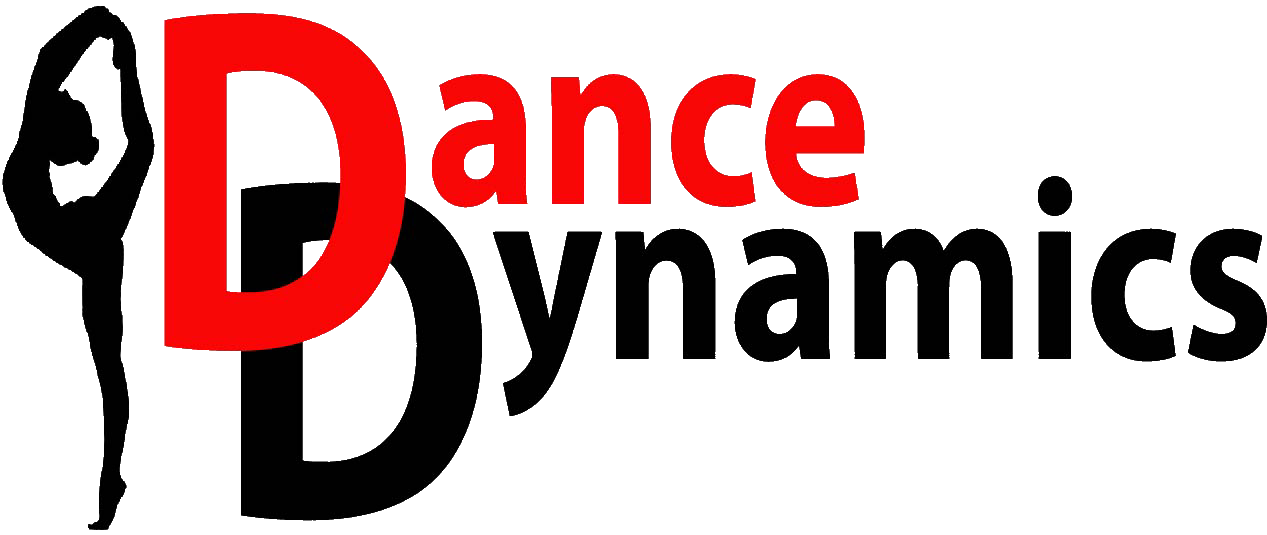Top Health Benefits of Dance for Kids: Transformative Power
Dance is more than just a fun and entertaining activity for children—it's a powerful tool that promotes physical, mental, and emotional well-being. The transformative power of dance extends far beyond the studio, offering a myriad of health benefits that impact children both on and off the dance floor. At Dance Dynamics, we are committed to fostering a safe, inclusive, and nurturing environment where young dancers can thrive, benefiting from the countless advantages that dance education offers.
In this article, we present the top health benefits of dance for kids, shining a spotlight on the amazing ways in which dance enhances children's fitness, coordination, self-esteem, and cognitive abilities. Dive into the world of dance and witness how enrolling your child at Dance Dynamics can contribute to their overall well-being, providing them with beneficial skills that last a lifetime.
1: Enhancing Physical Fitness and Endurance
Dance is an excellent form of exercise that helps children stay in shape while having a great time. The various dance styles engage different muscle groups, promoting overall strength, flexibility, and cardiovascular endurance. Regular dance classes can improve children's physical fitness by increasing their muscle tone, stamina, and motor skills. Furthermore, dance is a low-impact, whole-body workout that helps in burning calories, enabling kids to maintain a healthy weight and reduce the risk of obesity.
2: Boosting Coordination and Balance
Dance requires children to execute intricate movements with precision, which helps develop their coordination, balance, and body awareness. Mastering various dance techniques challenges the young dancers to synchronize their movements, refine their motor skills, and hone their body control. These essential skills not only improve their dance abilities but also translate into increased agility and ease in other physical activities and everyday life.
3: Encouraging Cognitive Development
Dance education has been shown to have a positive impact on children's cognitive development. Learning new steps and choreography requires memorization and concentration, enhancing the ability to process information, think creatively, and solve problems. Dance classes can help children develop spatial awareness, pattern recognition, and improved attention span. These cognitive skills not only benefit children in the dance studio but may also contribute to their academic performance.
4: Fostering Emotional Regulation and Self-Expression
Dance serves as a powerful outlet for children to express their emotions and channel their energy into a creative and impactful form. Dance education teaches young dancers to communicate and connect with their emotions through movement. This emotional expression offers children a healthy way to cope with stress and anxiety, enhancing their emotional well-being. Dance education has also been linked to increased self-esteem and self-confidence, empowering children to explore their creativity and develop a strong sense of identity.
5: Building Social Skills and Teamwork
Dance classes present numerous opportunities for children to interact with their peers, fostering the development of essential social skills. Through group exercises, dance games, and performance collaborations, young dancers build friendships, learn to work as a team, and develop mutual respect and empathy for others. Participation in dance classes has been shown to bolster social connections, improve communication skills, and contribute to a more positive self-image.
6: Cultivating Discipline and Goal-Setting Abilities
The process of learning and perfecting various dance techniques requires dedication, hard work, and commitment. Dance education instills discipline in young dancers as they set goals for themselves, such as mastering a specific dance move, preparing for a performance, or improving their skills in general. This ongoing commitment to achieving goals translates into essential life skills that children can apply in various aspects of their lives, including academic success and future careers.
7: Promoting Cultural Awareness and Inclusivity
Dance is a diverse art form encompassing a wide array of styles rooted in different cultures and traditions. Exposure to these various dance styles can broaden children's perspectives, fostering cultural awareness and understanding. Dance education, with its inclusive approach, encourages children to appreciate and celebrate diversity, instilling a sense of acceptance and empathy that extends beyond the dance studio.
8: Enhancing Creativity and Imagination
Dance education inspires creativity and encourages imagination in young dancers. By exploring various movement qualities and choreographic possibilities, children learn to think outside the box, challenge conventional norms, and express their unique artistic voices. This creative exploration not only stimulates artistic growth but also promotes problem-solving skills, adaptability, and innovative thinking that can be applied to numerous areas of life.
Unleash Your Child's Potential with Dance Dynamics
In conclusion, introducing your child to dance education at Dance Dynamics is a powerful and enriching investment in their life-long well-being. As showcased in this article, dance offers numerous health benefits ranging from physical fitness and cognitive development to emotional regulation and social skills enhancement. Our dedicated staff, highly trained instructors, and nurturing learning environment ensure all young dancers reach their fullest potential in a warm, inclusive, and creative atmosphere.
Embark on a transformative journey with Dance Dynamics today, and watch your child flourish as they experience the countless benefits that dance has to offer. Visit our website to explore our variety of dance classes, or contact us for assistance in finding the perfect program for your aspiring dancer. Don't wait—experience the magic of dance at our dance studio and unleash the incredible potential within your child!
